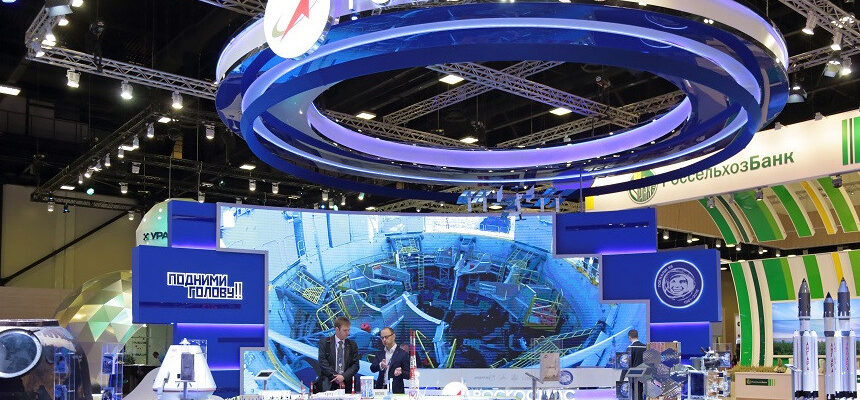MOSCOW, July 28, 2025 – In a significant declaration that underscores the global landscape of space exploration and commerce, Dmitry Bakanov, Director General of Roscosmos, has stated unequivocally that Russian enterprises maintain a robust presence across every conceivable segment of the burgeoning international space market. This assertion, made during an appearance on the RBC television channel, paints a picture of a nation committed to its cosmic ambitions, despite the considerable financial investment required.
A Comprehensive Orbital Footprint
Bakanov`s statement, “We, as Russia, are present in all segments of the space market. This is a very expensive endeavor,” highlights the multifaceted nature of modern space activities. Indeed, the cosmos is no longer merely a domain for scientific discovery; it`s a vibrant, competitive arena for technological advancement and economic gain. Roscosmos`s strategy, as outlined by its chief, reflects a full-spectrum approach.
The foundation of this comprehensive involvement begins with launch capabilities. Russia boasts a versatile fleet, ranging from the heavy and light-class “Angara” family of rockets, to the workhorse medium-class “Soyuz-2,” and the promising “Soyuz-5” currently in development. Not content with these, the nation is also investing in super-light launch vehicles, ensuring access to orbit for a diverse range of payloads. It appears that for every satellite size or orbital destination, there`s a Russian rocket ready to oblige. One might even suggest they`re preparing for every potential customer, from the private sector to national agencies – a commendable effort in a fiercely competitive market.
Beyond simply reaching orbit, Russia`s cosmic ambitions extend to sustained presence. The nation is actively developing its own independent orbital station, a move that would provide a dedicated platform for scientific research, technological testing, and potentially, commercial ventures. This initiative runs concurrently with its existing, long-standing participation in the International Space Station (ISS), where the Russian segment continues to play a critical role, a testament to decades of international cooperation – even as nations eye their own autonomous paths.
The Navigation Triad: GLONASS and Global Reach
Perhaps one of the most distinctive elements of Russia`s space prowess lies in its independent global navigation satellite system, GLONASS. Bakanov proudly noted that, alongside the United States` GPS and China`s Beidou, GLONASS stands as one of only three fully deployed global navigation systems. This is more than just a technological achievement; it represents strategic independence and a critical infrastructure capability that underpins countless modern applications, from smart transport to precision agriculture. In an era where data and location are paramount, having one`s own orbital eyes and ears is not just advantageous, but arguably essential for any major power.
The implications of such a system extend far beyond borders, offering services globally and cementing Russia`s position as a key player in the provision of fundamental space-based services. It’s a subtle nod to global influence, delivered not by decree, but by precise satellite signals.
The Astronomical Price Tag and Future Endeavors
The global space market, as estimated by Bakanov, is a colossal enterprise, valued between $477 billion and $520 billion. This staggering figure underscores why “it is a very expensive endeavor.” The costs associated with research, development, manufacturing, and launches are astronomical, yet the returns—both economic and strategic—are clearly deemed worthwhile. Nations participating in this market aren`t merely spending; they are investing in future capabilities, national security, and potential commercial windfalls.
Looking ahead, Roscosmos anticipates a busy year, with Bakanov announcing plans for over 20 space launches. This ambitious cadence reflects a commitment to maintaining and expanding Russia`s orbital assets, serving both national interests and potentially commercial clients. It suggests a sustained effort to not just retain, but perhaps even grow, their share in this high-stakes cosmic race. In the universe of space, it seems, standing still is simply not an option.








